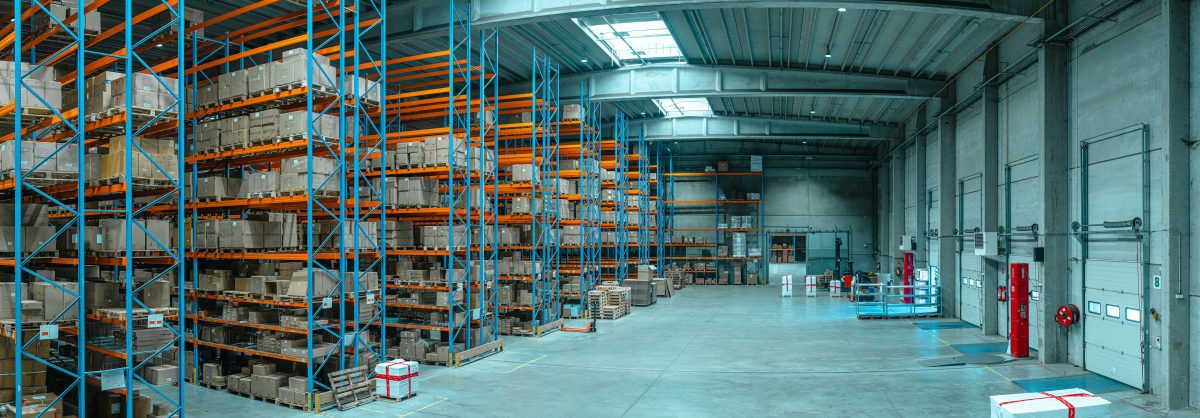Because buyers now expect answers from suppliers instantaneously in response to changes in business conditions, businesses have been left with little time and under-equipped to consider the unintended consequences on environmental and social sustainability











 for the latest news and job opportunities in retail tech
for the latest news and job opportunities in retail tech 